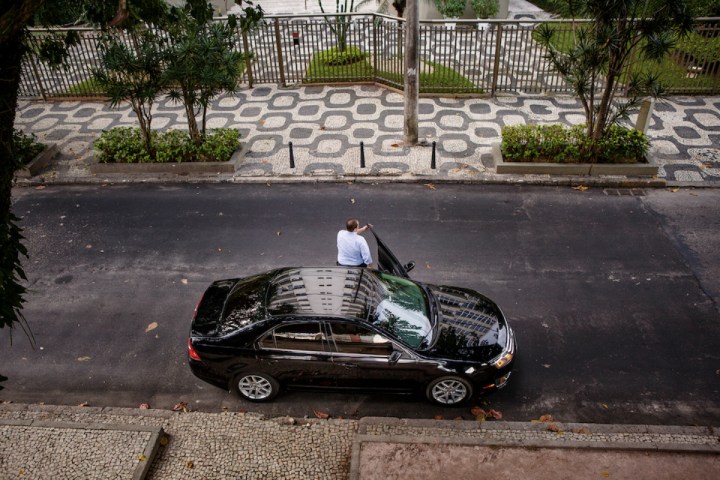
The FTC alleged that Uber claimed on its website that the annual median income of Uber drivers in New York City exceeded $90,000, but the consumer protection agency insisted the figure was instead $61,000. In another city, this time San Francisco, Uber put earnings at more than $74,000, while the FTC claimed a more accurate figure was $53,000.
In reality, less than 10 percent of drivers in the two cities earned the kind of money that Uber claimed, the FTC said.
The agency also alleged that the ride-hailing giant exaggerated the potential hourly rate in job listings in a bid to lure new drivers.
But that wasn’t all that the FTC had to say about Uber’s business practices, claiming it also gave erroneous information to drivers regarding the financing or leasing of cars.
For example, Uber told drivers they could “own a car for as little as $20/day” ($140/week) or lease a car with “payments as low as $17 per day” ($119/week), and “starting at $119/week.” But the FTC alleged that from at least late 2013 through April 2015, the figures were more likely to be around $160 and $200, respectively.
Uber also claimed its drivers could receive leases with unlimited mileage through its program, but in reality the leases came with mileage limits, the FTC alleged.
Uber has at no time admitted to, or denied, the FTC’s allegations, but has promised not to misrepresent the potential income figures for drivers, and to ensure its terms and conditions for leasing vehicles are accurate.
“Many consumers sign up to drive for Uber, but they shouldn’t be taken for a ride about their earnings potential or the cost of financing a car through Uber,” Jessica Rich, director of the FTC’s Bureau of Consumer Protection, said in a release. “This settlement will put millions of dollars back in Uber drivers’ pockets.”
Indeed, the $20 million will be used to provide refunds to affected drivers across the U.S., the FTC confirmed.
Responding to Wednesday’s developments, Uber said in a statement that it was “pleased to have reached an agreement with the FTC,” adding, “We’ve made many improvements to the driver experience over the last year and will continue to focus on ensuring that Uber is the best option for anyone looking to earn money on their own schedule.”


